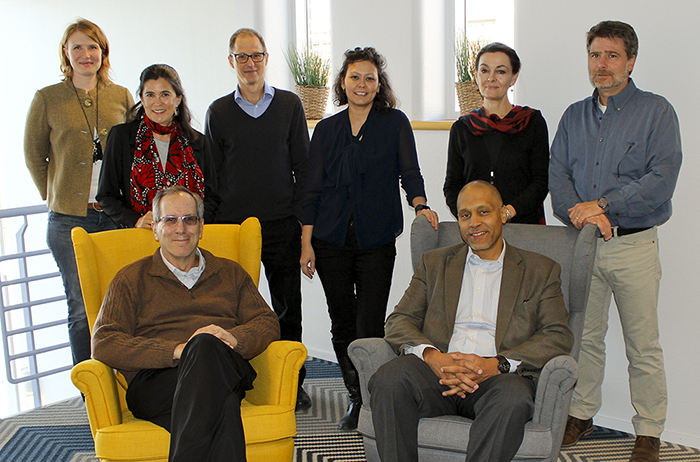
Rachel M. Gisselquist is Professor in Governance and Development, and Director of the Governance and Social Development Resource Centre (GSDRC), at the University of Birmingham (UoB), UK.Prior to joining UoB in September 2024, she was a Senior...
A major challenge highlighted by the Sustainable Development Goals is inequality—both vertical and horizontal. States employ a number of strategies to address group-based inequalities. This initiative focuses on legal empowerment, which has received significant attention over the past decade as a means of addressing poverty, exclusion, and conflict. To what extent can rule-of-law reforms and legal empowerment help to address social exclusion and inequalities? What are the likely contributions and limits?
This initiative complements the considerable policy attention that has been paid to the topic of legal empowerment and inclusive development, building on social science theory and findings to consider policy claims. It draws insights from political science, sociology, and political economy, to analyse topics of access to justice, legal identity, property rights, labour rights, business rights, and legal empowerment and peace building.
‘Addressing group-based inequalities through legal empowerment’ is a component of a broader UNU-WIDER project ‘The politics of group-based inequalities – measurement, implications, and possibilities for change’. The project aims to shed new light on the extent to which inequalities run along ethnic, gender, and other communal lines; consider the political implications of such inequalities; and explore contributing factors and possibilities for change. It provides a forum for researchers from all over the world, both early career and senior scholars, to interact on these issues.
| Rachel M. Gisselquist (UNU-WIDER) | Addressing social exclusion and group-based inequality through legal empowerment |
| Daniel M. Brinks (University of Texas at Austin) | Access to what? Legal agency and access to justice for indigenous peoples in Latin America |
| Wendy Hunter (UT Austin) | Formalizing safety nets and the requirements to obtain them: An increased role for identity documents in the global south |
| Catherine Boone (London School of Economics) | Legal empowerment of the poor through property rights reform: Tensions and tradeoffs of land registration and titling in Sub-Saharan Africa |
| Rina Agarwala (Johns Hopkins University) | Labor and legal empowerment |
| Scott Taylor (Georgetown University) | Business rights and ethnic exclusion in Sub-Saharan Africa: Addressing group-based inequality through business rights reform |
| Vivek Maru and Laura Goodwin (Namanti) | Perspectives from the field of legal empowerment – Take one: Mapping the evidence. |
| Stephen Golub (Central European University) | Perspectives from the field of legal empowerment – Take two: Issues and methods in evaluation. |
| Lars Waldorf (University of York) | Legal empowerment, peacebuilding, and group-based inequality |
